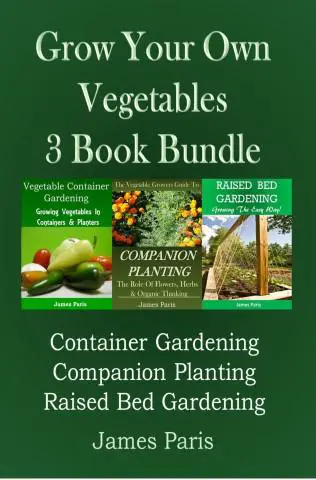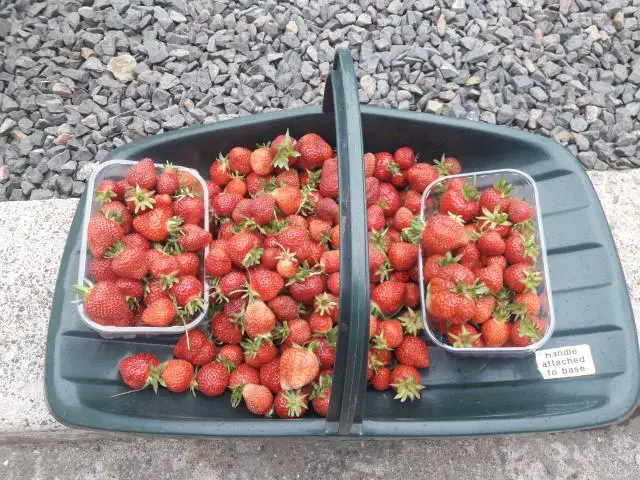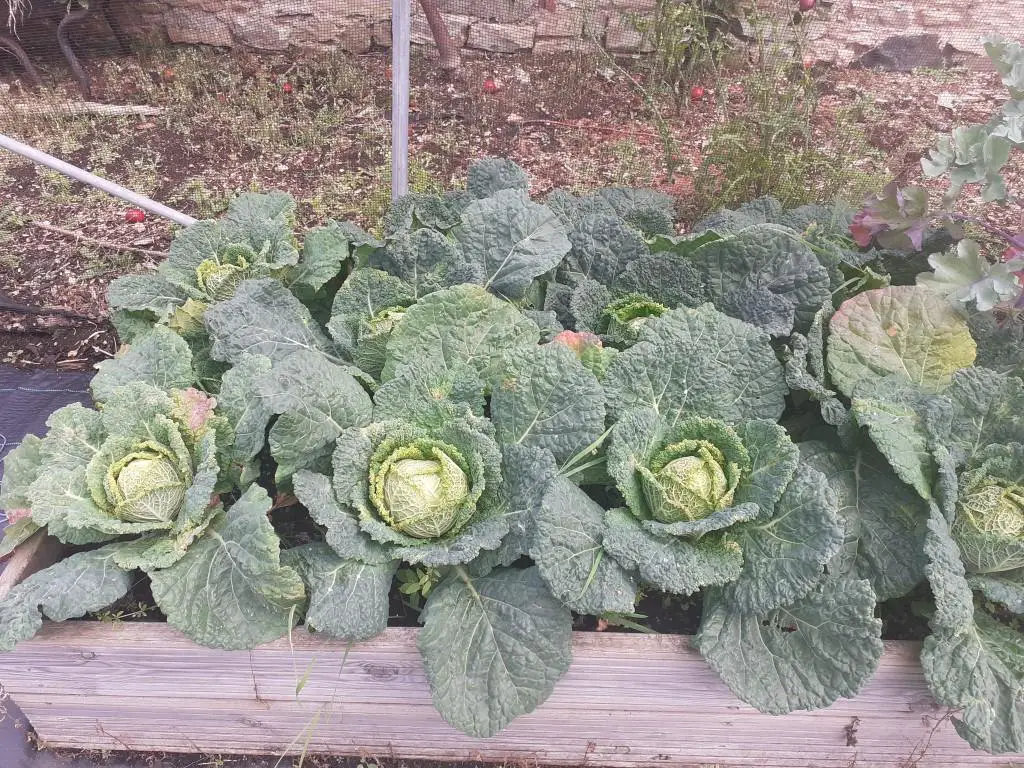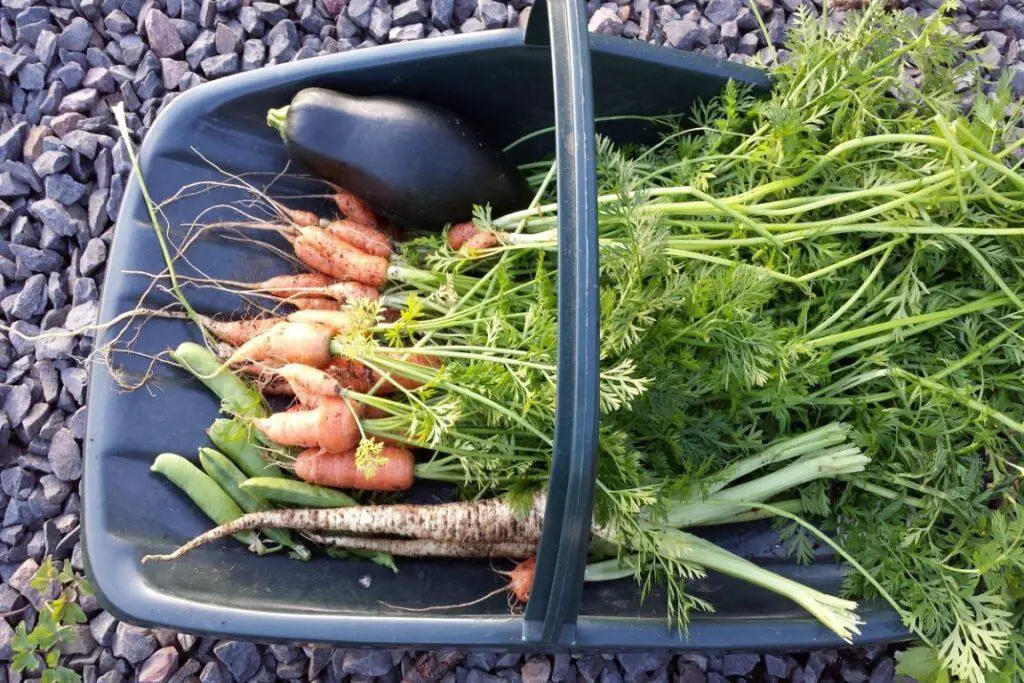With world food prices at an all time high, it is no wonder that many people are digging up the lawn and replacing it with an area that can be used to grow vegetables.
But will growing your own vegetables mean a big reduction in your food prices? Here a few things to consider before jumping to conclusions.
First of all (spoiler alert!) YES I do believe in that the long term, growing your own vegetables can be cheaper than store bought veggies. However, there are a few other costs to take into account before jumping to conclusions.
Things to consider before growing your own veggies:
This is by no means an exhaustive list, and is aimed at the complete beginner who has to start from ‘scratch’ and has little or nothing in the way of materials to begin with.
- Garden tools: Tools are expensive, especially good tools and not ‘bargain basement’ tools which will be inoperable in a few short seasons. Garden spades, shovels, forks, hoes, rakes, along with heavy tools such as rotovators or other petrol or electrical tools, can add hundreds of dollars to your starting budget. This however can be reduced considerably if you choose Raised bed gardening as this needs no heavy tools to operate/service.
- Miscellaneous equipment: There is a whole host of equipment needed to operate a food garden. This could include trellis or supporting framework for climbers such as legumes or fruit canes. Rabbit fencing to keep out the rabbits or cloches and even polytunnels to grow ‘warm climate’ fruit or vegetables. Other equipment such as electric propagators or heaters for a greenhouse may also be considered – as indeed the greenhouse itself, let’s throw in a garden shed whilst we are here!
- Pest control: Controlling garden pests, and that means anything from rabbits to butterflies, is an on-going chore for any gardener. Although gardening ranks tops for mental health – not so much if your prize veggies are being munched away by caterpillars. This is however a vital skill to learn if you are going to get the best results from your veggy plot. This post will tell you more. The bottom line is that controlling pests can be costly in terms of fencing, netting or insecticides over the season, and is something that has to be seriously considered.
- Cost of seeds or seedlings: One thing I have noticed is that the cost of seeds has risen sharply – as the number of seeds to the packet has dropped just as sharply! Read the small print and check that you are getting value for money regarding the number of seeds to the packet – many have only 10 seeds or less! This Heirloom tomato however has around 45 seeds and is an example of better value for money. Vegetable plants or seedlings are also expensive, and have the downside that many have been ‘forced on’ in heated greenhouses – meaning they will likely expire if you are in a cooler climate unless you keep them in similar heated conditions in the early season.
So there we have some of the costs or disadvantages of growing your own vegetables – but what about the benefits? Well the fact is that there are many benefits to growing your own food as we can see in the list below.
Benefits of growing your own food
- Home grown food is better for you. It is generally fresher and more ‘organic’ in nature. (you provide your own growing environment keeping control over fertilizers and pesticides for example). Fruit and vegetables that ripen naturally in the garden have more nutrients (and taste better) than ‘forced’ vegetables that ripen in the cold-store.
- It is more convenient. Usually the veggy plot is just a short walk from your back door, making the vegetables available – and very fresh – when you want them.
- ‘Growing your own’ means looking after the environment. It reduces your carbon footprint by not burning up more gas into the atmosphere when driving to the store. Also there is no more dumping vegetable kitchen waste, as this goes straight to the compost heap.
- Less food waste as you only pick what you need, when you need it. Also no more plastic shop carrier bags heading for the landfill.
- The mental and physical health benefits to be gained from growing your own food cannot be understated. Gentle work out in the open air, and the satisfaction of seeing the results from your own labour is fantastic for overall feel-good factor.
Conclusion – Is it really cheaper to ‘grow your own’?
As you may have deduced from the above. It can be cheaper in the long term to grow your own food, as much of the initial cost is in the set up of your vegetable plot.
If you already have some equipment, or have access to ‘borrowed’ gear, then this reduces initial cost by a lot. However in the short term, if you are starting from scratch, then it is definitely financially cheaper just to buy store veggies – but as we have seen there are more than just finances involved.
The fact is – and studies show this – gardening in any form is good for you in a variety of ways, even to the point of reducing pressure on the health system by reducing stress, anxiety, fear and sadness – massively important in the area of mental health.
The common ‘feel-good’ factor involved when planting and harvesting your own food – or even admiring your beautiful flower bed, cannot be underestimated.
The combined effort involved in creating a garden involves your physical, mental, and creative functions in a positive way that has long lasting effects.
So while it may not necessarily be cheaper in a financial way to grow your own food – it may well be a cost worth paying for all the other benefits it offers.




